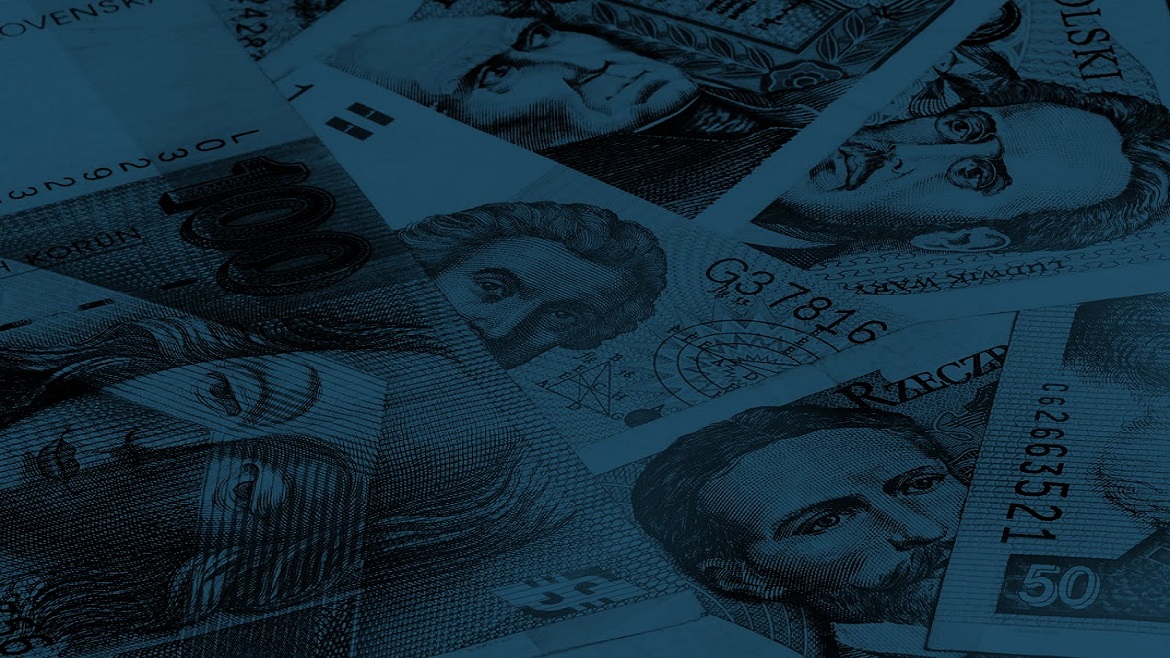Written by the Economist Intelligence Unit (EIU) on behalf of Barclays Wealth, this fourth volume of Barclays Wealth Insights examines what it means to be wealthy today. We look at the factors beyond money that the wealthy consider important, and explore the changing patterns of behaviour that are being driven by the ongoing democratisation of wealth. We also look at how the wealthy spend their money, and explore the challenges and opportunities facing the luxury goods and services sectors as they adapt their offering to suit their rapidly changing customer base.
A millionaire is not what it used to be
The term ‘millionaire’ used to be the gold standard for wealth, but it has long since lost its cachet. Today, US$10 million is the sum that is often talked about as the threshold for being considered a high net worth individual. Among our survey respondents, more than one-third think that this is the amount of liquid assets required to be considered wealthy.
Increased wealth is a boon for charitable causes
Support for charitable causes has long been part and parcel of being wealthy, and our survey suggests that it is strongest among the most wealthy sections of society. When asked what proportion of their estate they planned to leave to charitable causes, 26 per cent of respondents with assets under US$1 million said that they planned to leave more than 10 per cent of their estate to charitable causes. This figure rose to 37 per cent, however, among those respondents with wealth in excess of US$3 million - each of whom would therefore be leaving a minimum of US$300,000 to charity.
Exclusivity is the new luxury
With many luxury goods companies now catering for the mainstream market as well as the wealthy, exclusivity is becoming the new touchstone for the wealthy. In our survey, 34 per cent of respondents with wealth in excess of US$3 million say that they consider exclusivity as an important factor when making purchasing decisions, compared with only 18 per cent of respondents with assets below US$1 million. Exclusivity is a particularly important consideration for respondents in the United Arab Emirates, Singapore and Hong Kong.
Appetite for luxury goods remains strong
Luxury goods companies can be confident about their future prospects, especially in Asia. Asked if they agreed that luxury goods were a waste of money, only 31 per cent of respondents agreed. Respondents from the Asian centres of Singapore and Hong Kong were least likely to agree with this statement, and were also the group most likely to focus on brand as a criterion for purchasing decisions.
A bright future for ‘time-substitute’ services
Time is often described as the ultimate luxury, and evidence from our research suggests that this is one commodity that is at an increasing premium as individuals climb the wealth ladder. Demand for ‘time-substitute’ services among the wealthy is growing rapidly. When asked which services they currently use, those that could be grouped under the heading of time substitutes, such as cleaners, concierges, personal shoppers and travel search agencies, were almost always most popular among the wealthiest band of respondents (US$3 million plus in liquid assets). By point of comparison, the difference in extent of usage is much less marked between the wealth bands when we look at health and grooming services, such as personal trainers, personal stylists and alternative health practitioners.









